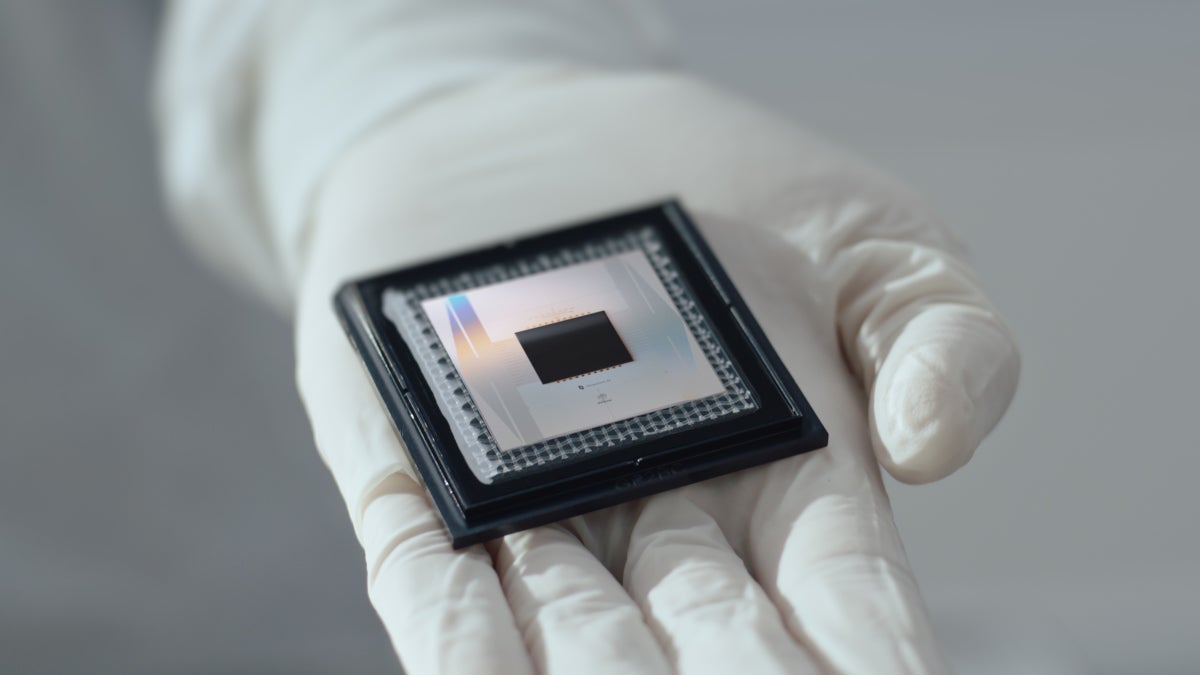
"Quantum computers are still in their infancy. Presently limited to 100 or so error-prone qubits, the quantum equivalents to classical bits, they are far from supreme calculating machines that are capable of exactly simulating chemical reactions and more. Quantum theorists and experimenters are working within these constraints to find feasible tasks for their devices to show an advantage over the performance of classical computers."
"Researchers at Google have spent years developing one such task: measuring how quantum information gets jumbled up over time. Quantum informationsuch as the state of a qubitcan become spread out and disordered, a little like how a shouted word becomes indistinct as it travels over long distances. Different systems scramble things in different ways, says Shenglong Xu, a quantum information theorist at Texas A&M University, who was not involved with the Google research."
"In a preprint paper, posted online in June, the Google team reported the most in-depth measurement of information scrambling to date, which was achieved with their 105-qubit Willow chip. They repeatedly scrambled the information, made a small adjustment and reversed the process, unscrambling the information. (Google dubbed the protocol Quantum Echoes, a reference to the echo of the repetitive unscrambling process.) The team's measurement was so complex, in fact, that using current algorithms a classical supercomputer would be far slower than Willow."
Quantum computers currently have about 100 error-prone qubits and cannot precisely simulate complex chemical reactions. Researchers developed a task to measure how quantum information becomes scrambled and disordered over time. Information in a qubit can spread and lose identifiable structure, analogous to a shouted word becoming indistinct over distance. The pattern of scrambling reveals properties of the underlying quantum system and could inform methods for precise molecular simulation. Using a 105-qubit Willow chip, researchers implemented repeated scrambling, a small perturbation, and reversal to unscramble information. The Quantum Echoes protocol produced measurements so complex that current classical algorithms would run far slower than the quantum device.
Read at www.scientificamerican.com
Unable to calculate read time
Collection
[
|
...
]